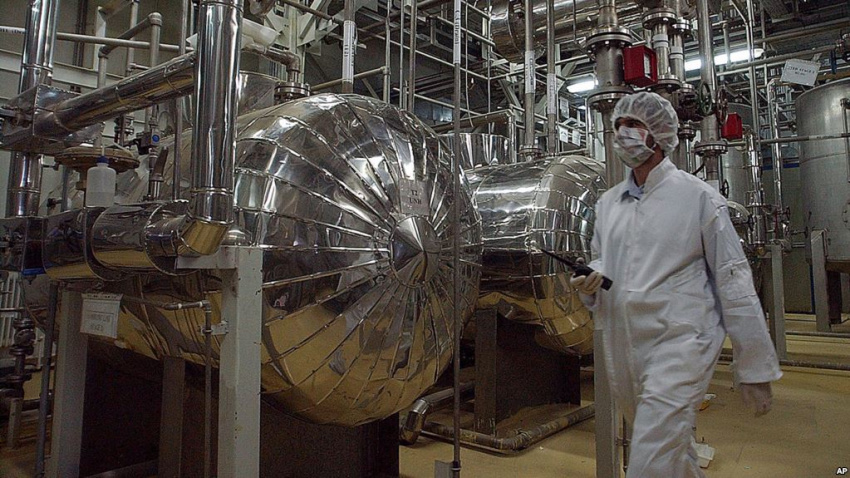The Case for Retaliatory Suspension of JCPOA Inspections

A strong case can be made in favor of Iran's retaliatory suspension of intrusive atomic inspections agreed upon under the terms of the Iran nuclear agreement known as the JCPOA (Joint Comprehensive Plan of Action). Such a suspension, pending the outcome of the present Iran-Europe talks over the latter's incentives for Iran to remain within the JCPOA, is called for in order to send a strong message, both to US and Europe, that unless Iran's reasonable demands are met then the other side should expect Iran's retaliatory and proportionate response. The absence of such signals at the present moment is detrimental to Iran's diplomacy and national interests.
At a time when the US has clearly breached a legally binding international agreement without facing the slightest rebuke at the UN Security Council, such an initiative by Iran can be a spur for Security Council action. All the other signatories must introduce a new resolution at the Security Council urging US compliance with its obligations under the UN Charter. There is absolutely no excuse for the absence of such an initiative at the Security Council and, perhaps, a similar initiative at the General Assembly is called for through the initiative of pro-Iran member states. US would of course veto any resolution deemed contrary to its interests, but at least this would further embarrass the US in the international community and damage its credibility -- as a rogue state that arbitrarily exercises power without any respect for the international norms and principles.
Should Iran continue to fully implement all its JCPOA obligations, which are quite onerous as exemplified by dozens of snap inspections each year in addition to the normal requirements of Iran-IAEA protocol, then the Western governments will take Iran for granted and falsely assume that Iran's threats of retaliation are empty threats. So far, other than a grand carnival of political gestures, the European governments and the European Union have not shown any tangible initiative to freeze or reverse the current flight of European firms from Iran, limiting themselves to verbal assurances that cannot possibly be satisfactory to Iran. Tehran's announcement of a significant curb on IAEA access to Iran's nuclear program will jolt the West and remind them again that Iran is only a year away from the bombs as they themselves have repeatedly admitted with respect to the technological advancement of Iran's nuclear industry. Enough non-proliferation 'on the cheap' let the West in the darkness about Iran's nuclear program to some extent and have them lose some sleep on it, maybe then the European capitals who refer to the JCPOA as a security insurance realize their mistake of taking Iran for granted.
Legally, per the terms of JCPOA, Iran is fully within its rights to suspend the extra-protocol cooperation with the IAEA as a legitimate reaction to US's breach of the agreement irrespective of 11 IAEA certificates of Iran's full compliance. Let the next IAEA report lament about a sudden rupture in their access, with the surveillance cameras turned off, the Additional Protocol suspended and snap inspections ended, etc., all these as a preliminary evidence of Iran's angry response that could well result in Iran's exit from the NPT altogether. Such actions by Iran will not be tantamount to withdrawing from the JCPOA, however, and should be tailored in the diplomatic language of tit-for-tat, reflecting Iran's iron-fist approach to an illegitimate American bullying that has for sure made the US hugely unpopular around the world, for the whole world can see who is right and who is wrong in this matter.
Once Iran suspends those IAEA inspections, then the West will be compelled into a guessing game about Iran's nuclear intentions. There is no reason for Iran to be 100 percent transparent about its intentions and to continuously issue assurances to the other side, which has in essence betrayed Iran by failing to live up to its commitments. A strong and powerful Iran at the negotiation table with leverages can extract concessions from these Western powers, not one that relies on their empty promises.

